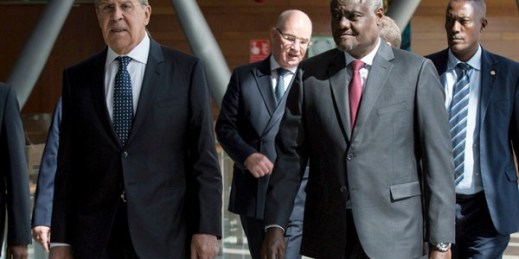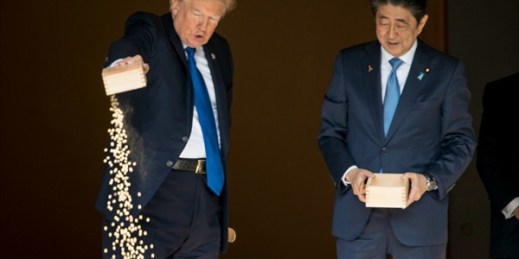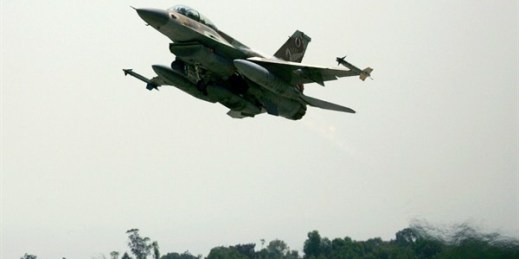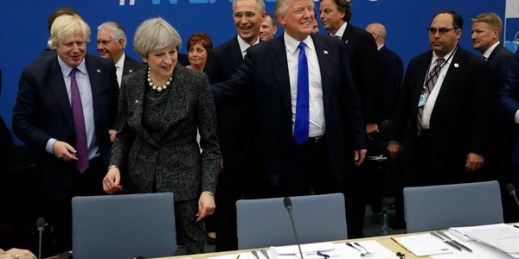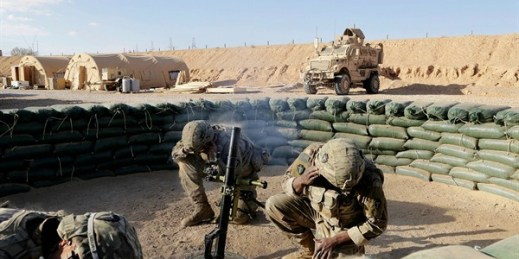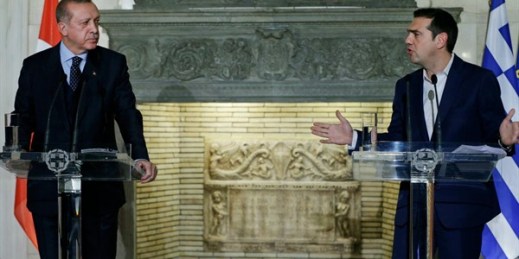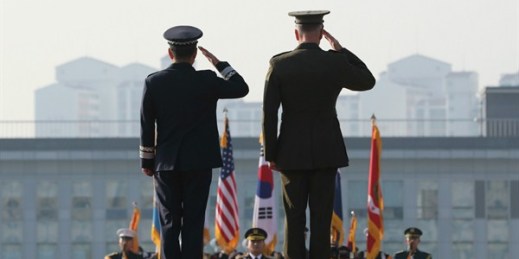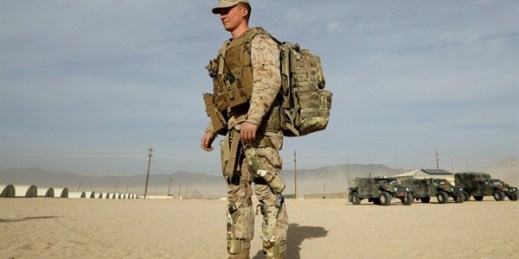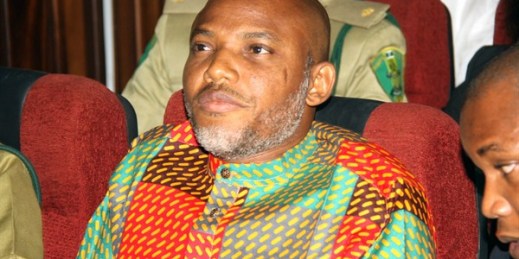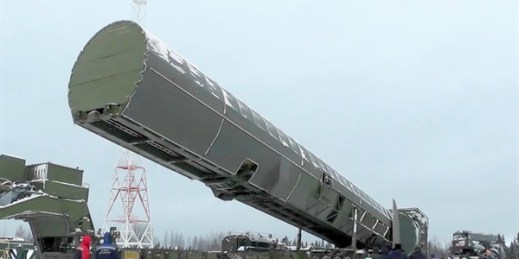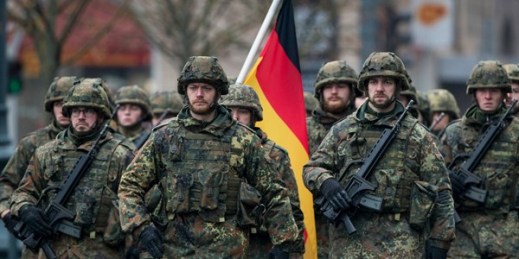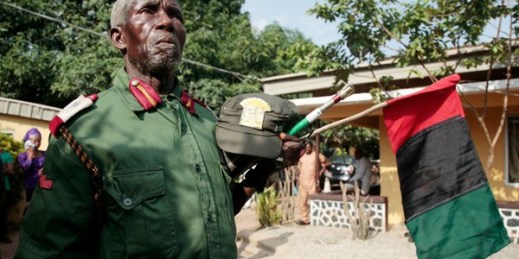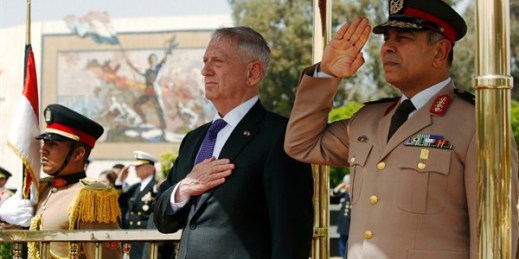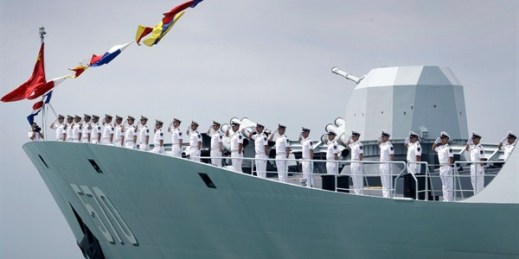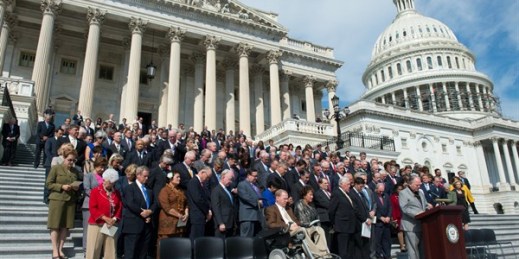
Last week, President Donald Trump announced that John Bolton was replacing U.S. Army Lt. Gen. H.R. McMaster as assistant to the president for national security affairs, otherwise known as the national security adviser. While Bolton is a longtime government official, having served every Republican president since Ronald Reagan, his appointment was immediately condemned across the political spectrum, given his well-documented views as a war hawk. Colin Kahl and Jon Wolfsthal, two veterans of the Obama administration, labeled him a “national security threat,” arguing that his “ascendance increases the risk of not one but two wars—with North Korea and Iran.” Writing […]

